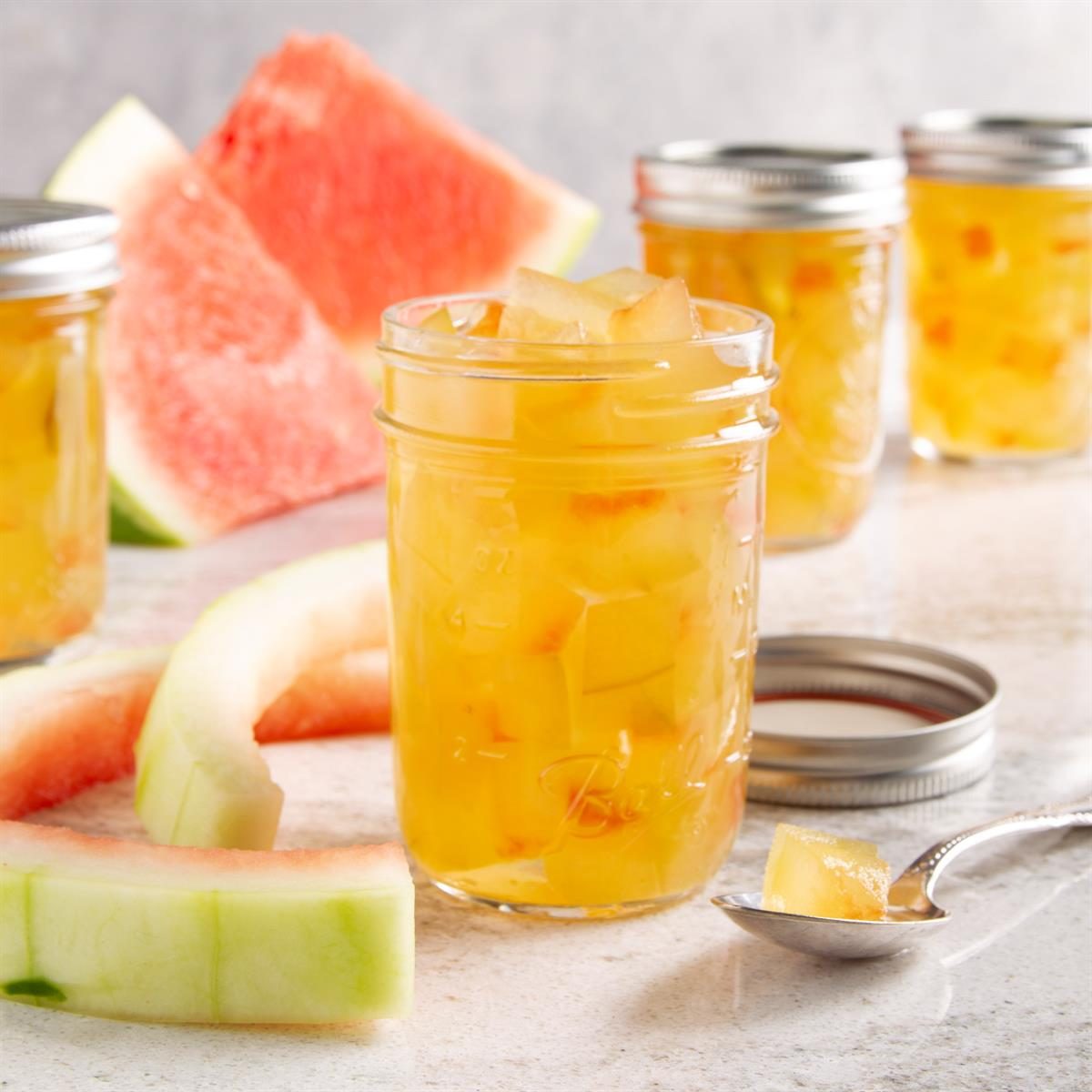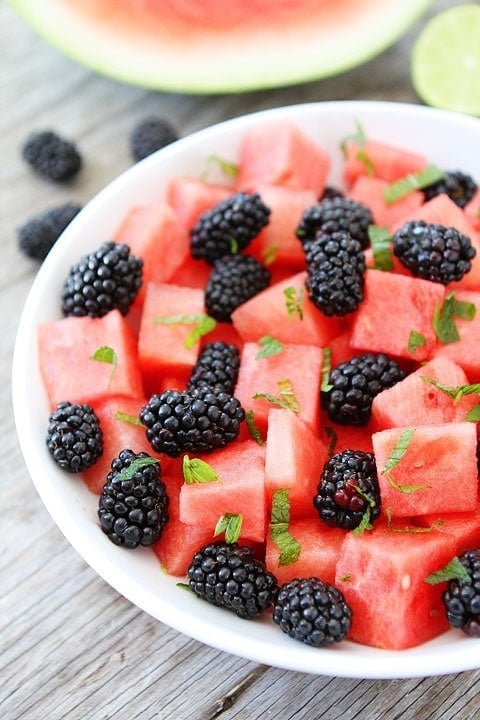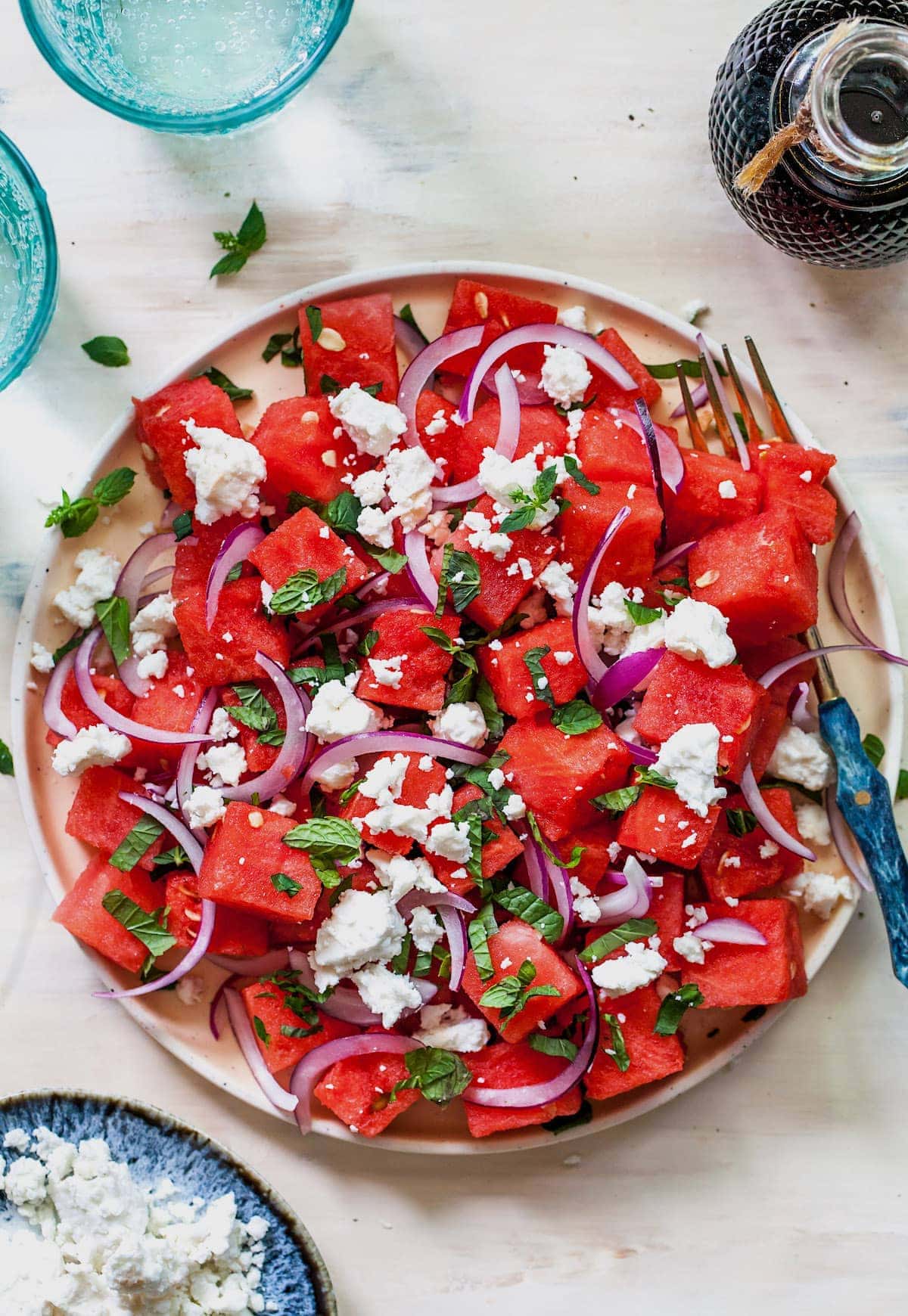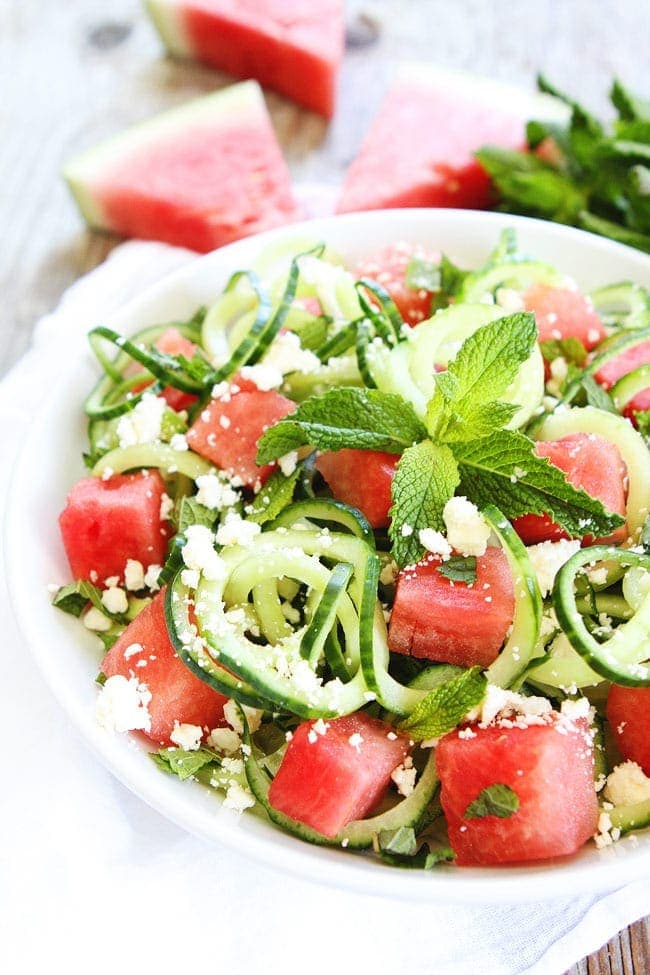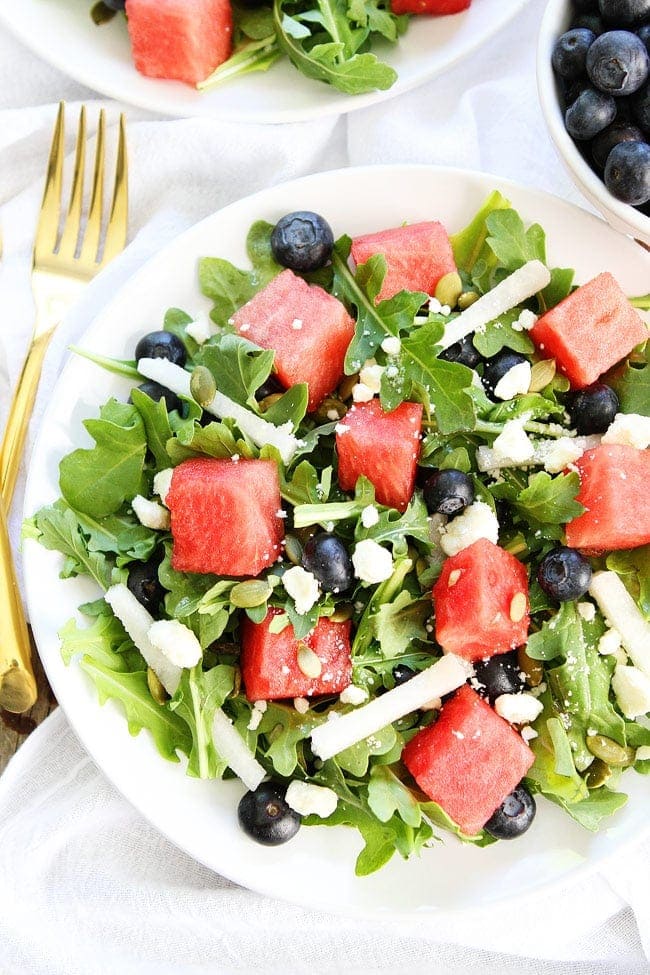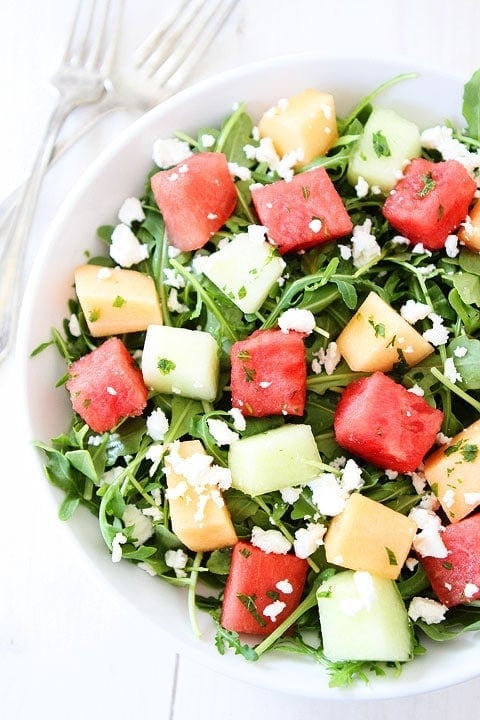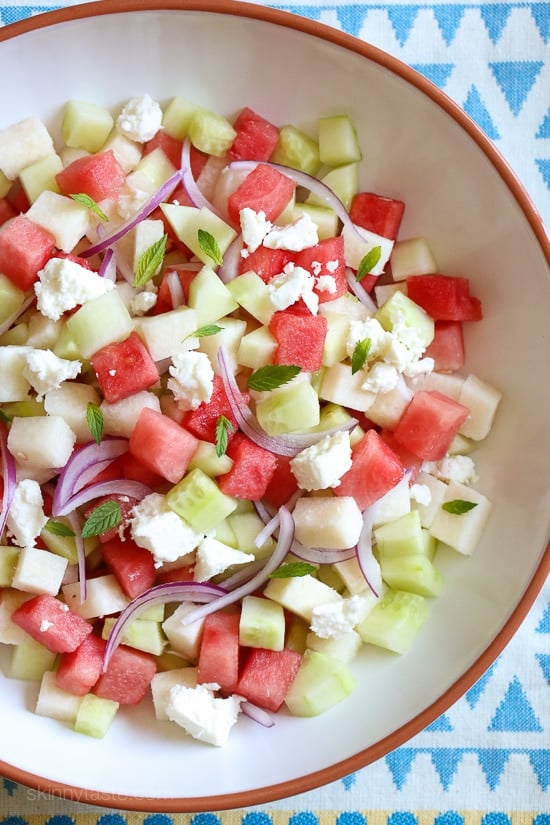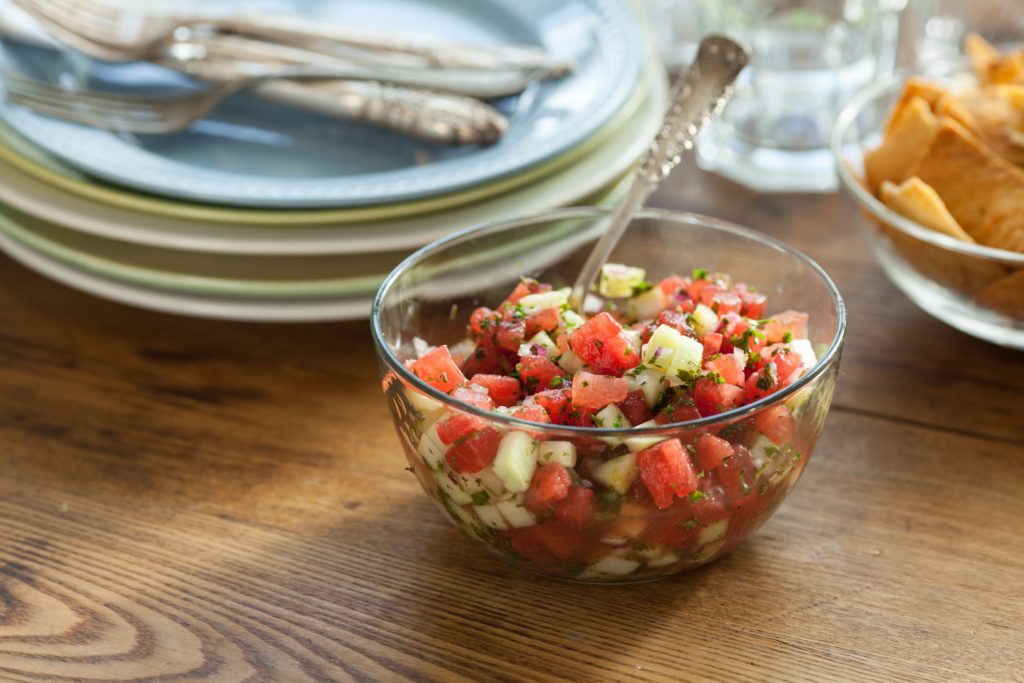Watermelon: Important Facts, Health Benefits, and Recipes
Explore the juicy secrets of watermelon, its health benefits, history, and culinary uses in our ultimate guide to this refreshing and nutritious fruit.
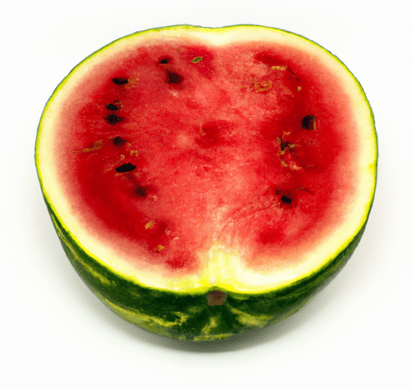
Best Watermelon Recipes
-

-
:max_bytes(150000):strip_icc()/__opt__aboutcom__coeus__resources__content_migration__serious_eats__seriouseats.com__recipes__images__2012__04__20120422-margarita3-4695c212e9704c86b5358733ad8b1663.jpg)
-

-
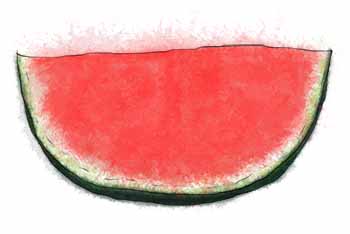
-

-
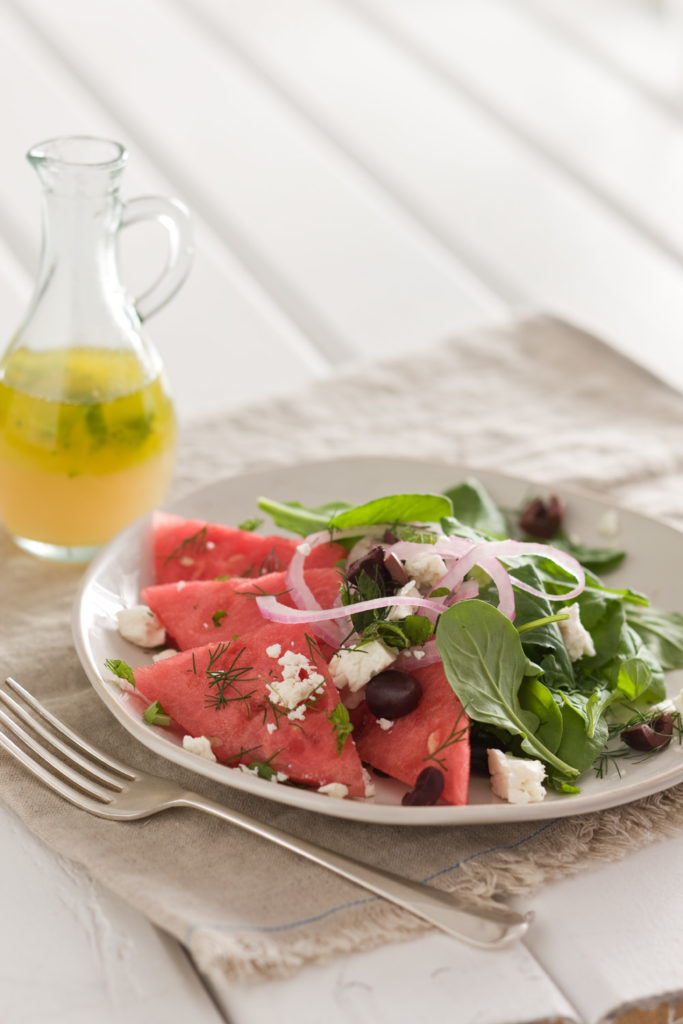
-

-

-
![How to Cut a Watermelon Image]()
-
![Watermelon Rosé Mimosa Recipe Image]()
-
![Watermelon Limeade Recipe Image]()
-
![Fizzy Ginger Cocktail With Pickled Watermelon Rind Recipe Image]()
-
![Summer Rolls With Jicama, Watermelon, and Herbs Recipe Image]()
-
![Watermelon Gazpacho With Calabrian-Chili <em>Crema</em> Recipe Image]()
-
![Zak Pelaccio's Crispy Pork and Watermelon Salad Recipe Image]()
-
![Watermelon Sorbet Recipe Image]()
-
![Sweet Pickled Watermelon Rind Recipe Image]()
-
![Gummy Bear Margarita Tequila Cocktail Recipe Image]()
-
![Old-Fashioned Watermelon Rind Pickle Recipe Image]()
-
![Watermelon Cucumber Cooler Cocktail Recipe Image]()
-
![Watermelon Cosmo Cocktail Recipe Image]()
-
![Fried Watermelon Recipe Image]()
-
![Peppermelon Cocktail Recipe From H. Joseph Ehrmann Image]()
-
![Easy Pickled Watermelon Radish Recipe Image]()
-
![Serbian Watermelon Rind Preserves Recipe Image]()
-
![Pickled Watermelon Rinds Recipe Image]()
-
![Sweet and Salty Grilled Watermelon Recipe Image]()
-
![Pickled Watermelon Rind Recipe Image]()
-
![Watermelon Rind Preserves Image]()
-
![Watermelon-Strawberry Cooler Image]()
-
![Mojito Fruit Kabobs Image]()
-
![Watermelon, Blackberry, and Mint Salad Image]()
-
![Watermelon Feta Salad Image]()
-
![Cucumber Noodle, Watermelon, and Feta Salad Image]()
-
![Watermelon, Blueberry, and Jicama Arugula Salad Image]()
-
![Melon Arugula Salad with Honey Lime Dressing Image]()
-
![Red White and Blue Watermelon and Blueberry Fruit Salad Image]()
-
![Cucumber Basil and Watermelon Salad with Love and Lemons Image]()
-
![Watermelon, Jicama and Cucumber Salad Image]()
-
![Salpicón Image]()
-
![Watermelon Salad with Mint Image]()
-
![Strawberry Watermelon Chicken Salad Image]()
-
![Maria’s Watermelon Gazpacho Image]()
-
![Green Salad Recipe with Watermelon, Strawberries, and Cashews Image]()
-
![Watermelon, Tomato and Cucumber Salad Image]()
-
![Watermelon-Cucumber Salsa with Mint Image]()
-
![Watermelon White Sangria Image]()
-
![Cucumber Cocktails Image]()



:max_bytes(150000):strip_icc()/__opt__aboutcom__coeus__resources__content_migration__simply_recipes__uploads__2020__06__Watermelon-Mimosas-LEAD-04-224ae89c3c4a460090b4b056e5d1bc59.jpg)
:max_bytes(150000):strip_icc()/__opt__aboutcom__coeus__resources__content_migration__serious_eats__seriouseats.com__recipes__images__2013__06__20130603-254586-watermelon-limeade-2-45570cb092ad4520830d25c35fc36b04.jpg)
:max_bytes(150000):strip_icc()/__opt__aboutcom__coeus__resources__content_migration__serious_eats__seriouseats.com__recipes__images__2015__06__20150530-SweetSpicyGingerCocktail-cocktails-Elana-Lepkowski-98a8fc97cfd440c6b221040c0b329460.jpg)
:max_bytes(150000):strip_icc()/__opt__aboutcom__coeus__resources__content_migration__serious_eats__seriouseats.com__2018__07__20180711-watermelon-jicama-spring-rolls-vicky-wasik-17--acc8507bc2f84db8ba512527db05ccd6.jpg)
:max_bytes(150000):strip_icc()/__opt__aboutcom__coeus__resources__content_migration__serious_eats__seriouseats.com__2018__06__20180622-watermelon-garden-gazpacho-vicky-wasik-8-7acc04512edb43e49951ecb4522523df.jpg)
:max_bytes(150000):strip_icc()/__opt__aboutcom__coeus__resources__content_migration__serious_eats__seriouseats.com__recipes__images__2012__04__20120419-202588-crispy-pork-and-watermelon-salad-71f681f2c9a54e2f8a25af7e12485789.jpg)
:max_bytes(150000):strip_icc()/__opt__aboutcom__coeus__resources__content_migration__serious_eats__seriouseats.com__recipes__images__2012__08__20120821-watermelon-cocoa-nib-sorbet-c598973f60154df8927afbccb0facf23.jpg)
/watermelon-rind-g18-56a8c2d33df78cf772a06325.jpg)
:max_bytes(150000):strip_icc()/Gummy-Bear-Margarita-56a1746c3df78cf7726ac9fb.jpg)
:max_bytes(150000):strip_icc()/watermelon-rind-pickles-recipe-3059156-hero-01-372c82d511d34d549ddcf219fc58aedc.jpg)
:max_bytes(150000):strip_icc()/Watermelon-Cucumber-Cooler-56a174703df78cf7726aca14.jpg)
:max_bytes(150000):strip_icc()/Bols-Watermelon_Cosmopolitan-58a4b3913df78c4758d43a50.jpg)
:max_bytes(150000):strip_icc()/GettyImages-127741243-5892285b3df78caebc8da2e8.jpg)
:max_bytes(150000):strip_icc()/Peppermelon-Cocktail-58a4ad523df78c4758cdf034.jpg)
/4821958988_ebd9c96867_b-58156fdf3df78cc2e8cde963.jpg)
/GettyImages-155375581-580ba63a3df78c2c73c1a646.jpg)
:max_bytes(150000):strip_icc()/Simply-Recipes-Pickled-Watermelon-Rinds-LEAD-8-fdb0acf555254432942ed410ea966842.jpg)
:max_bytes(150000):strip_icc()/Simply-Recipes-Sweet-Spicy-Grilled-Watermelon-LEAD-13-edited-360eb32c1b5a4d05b15cba121f99038c.jpg)
:max_bytes(150000):strip_icc()/20230530-SEA-PickledWatermelon-AmandaSuarez-09-8877e759ae674b3db8a85a8c2afdf84a.jpg)
